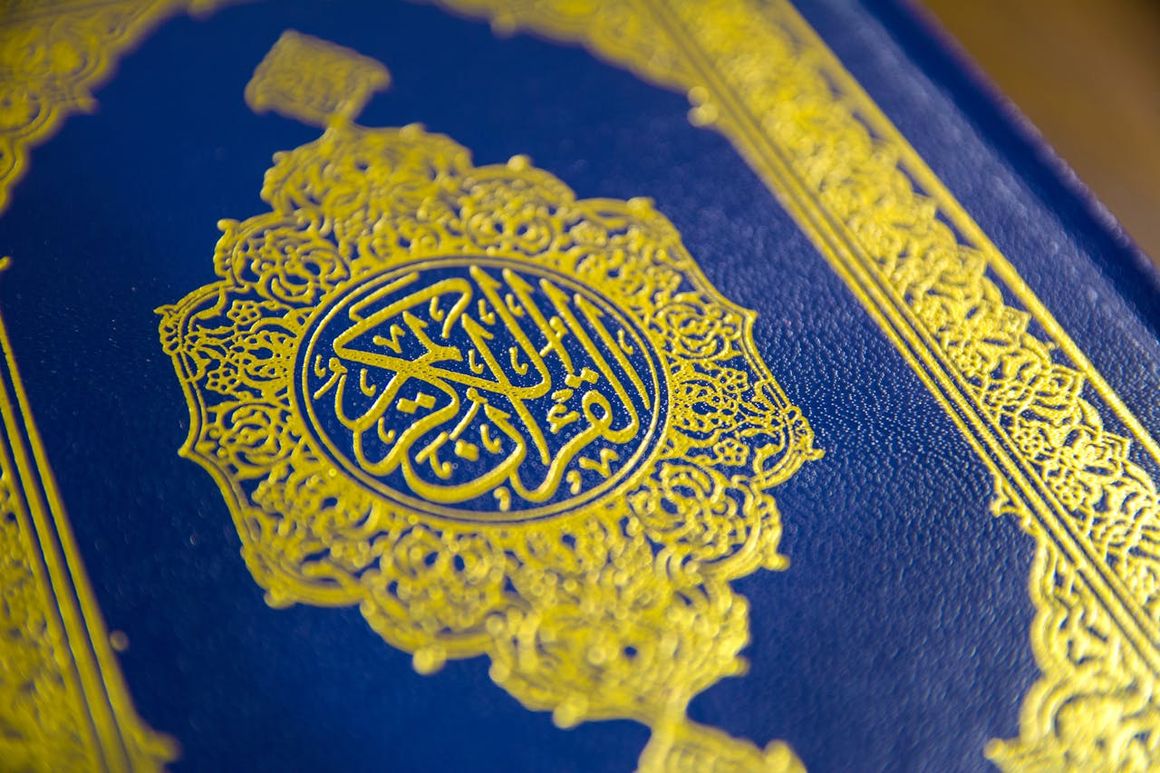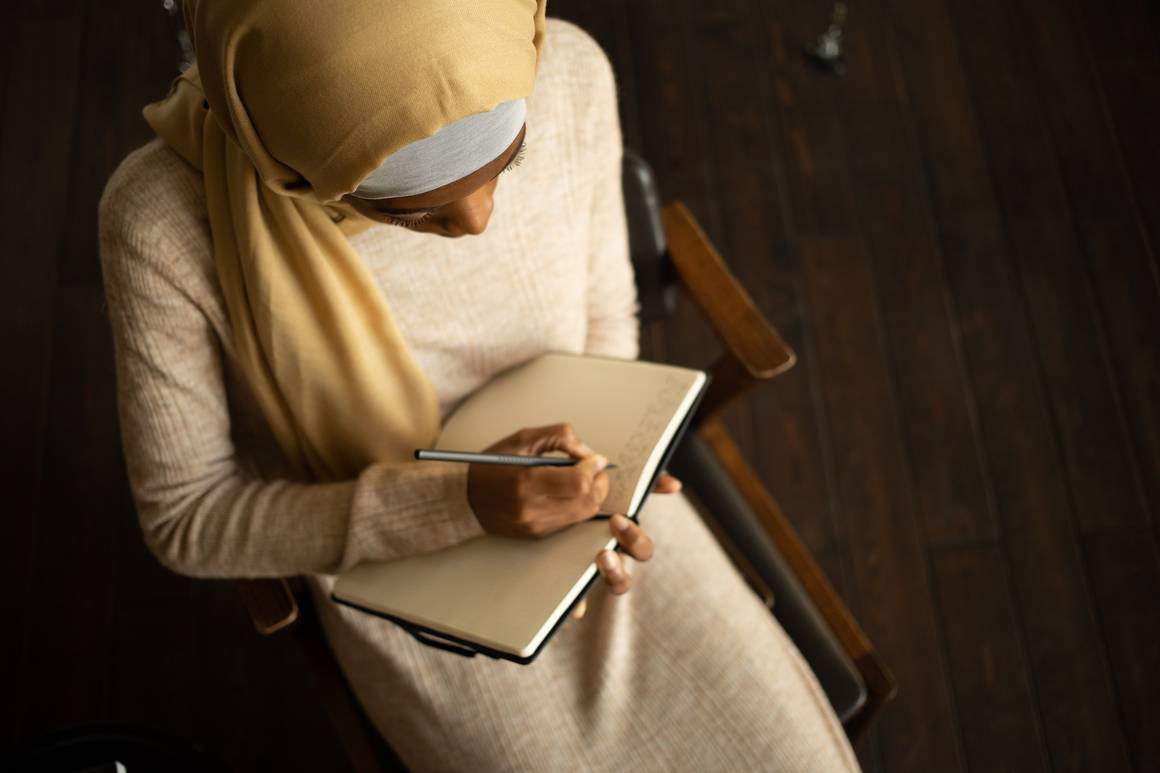In a world obsessed with more – more possessions, more success, more likes – it’s easy to get caught in a cycle of wanting and dissatisfaction. We’re constantly bombarded with images of what we don’t have, leaving us feeling inadequate and unfulfilled. But what if the key to happiness wasn’t about acquiring more, but about appreciating what we already have?
That’s where shukr – gratitude – comes in. It’s a cornerstone of Islamic belief and a powerful practice that can transform our lives.
Shukr: More Than Just Saying Thank You
While saying jazakallah khair (may Allah reward you with goodness) is a beautiful expression of gratitude, shukr goes much deeper. It’s a state of being, a way of life. It encompasses:
Recognizing Allah’s Blessings: Acknowledging that everything good in our lives comes from Allah (SWT).
Appreciating the Small Things: Finding joy in the everyday blessings we often take for granted – our health, our family, a warm meal, a beautiful sunset.
Expressing Gratitude to Others: Showing appreciation for the kindness and support we receive from others.
Using Our Blessings Wisely: Being mindful of how we use the blessings Allah has bestowed upon us, and using them for good.
The Quran on Gratitude
The Quran and Sunnah are filled with reminders to be grateful.
And [remember] when your Lord proclaimed, 'If you are grateful, I will surely increase you [in favor]; but if you deny, indeed, My punishment is severe.' "Quran 14:7
And He gave you from all you asked of Him. And if you should count the favor of Allah, you could not enumerate them. Indeed, mankind is [generally] most unjust and ungrateful.Quran 14:34
These verses emphasize that gratitude isn’t just a nice thing to do; it’s a pathway to increased blessings and contentment.
Why is Gratitude So Powerful?
Science backs up what Islam has taught for centuries. Studies show that practicing gratitude has numerous benefits:
Increased Happiness & Well-being: Gratitude shifts our focus from what we lack to what we have, boosting our mood and overall happiness.
Reduced Stress & Anxiety: Appreciating the good in our lives can help us cope with stress and anxiety.
Improved Physical Health: Gratitude has been linked to lower blood pressure, better sleep, and a stronger immune system.
Stronger Relationships: Expressing gratitude strengthens our bonds with others.
Increased Resilience: Gratitude helps us bounce back from adversity.
Cultivating Gratitude in Daily Life
So, how can we incorporate more gratitude into our daily lives? Here are a few simple practices:
Gratitude Journal: Write down three things you’re grateful for each day.
Gratitude Prayer (Dua): Make a habit of thanking Allah for His blessings in your daily prayers.
Express Appreciation to Others: Tell your loved ones how much you appreciate them.
Practice Mindfulness: Pay attention to the small joys in life – the warmth of the sun, the taste of a delicious meal, the laughter of a child.
Focus on the Positive: Challenge negative thoughts and focus on the good in every situation.
Remember Allah’s Blessings During Hardship: Even in difficult times, there are blessings to be found. Remembering them can provide strength and hope.
Shifting Our Perspective
Gratitude isn’t about ignoring the challenges in our lives. It’s about acknowledging them while simultaneously appreciating the good. It’s about shifting our perspective from lack to abundance, from negativity to positivity.
By cultivating gratitude, we can transform our lives, strengthen our connection with Allah, and find true contentment in a world that often demands more than we can give.
What are you grateful for today? Share your thoughts in the comments below!


